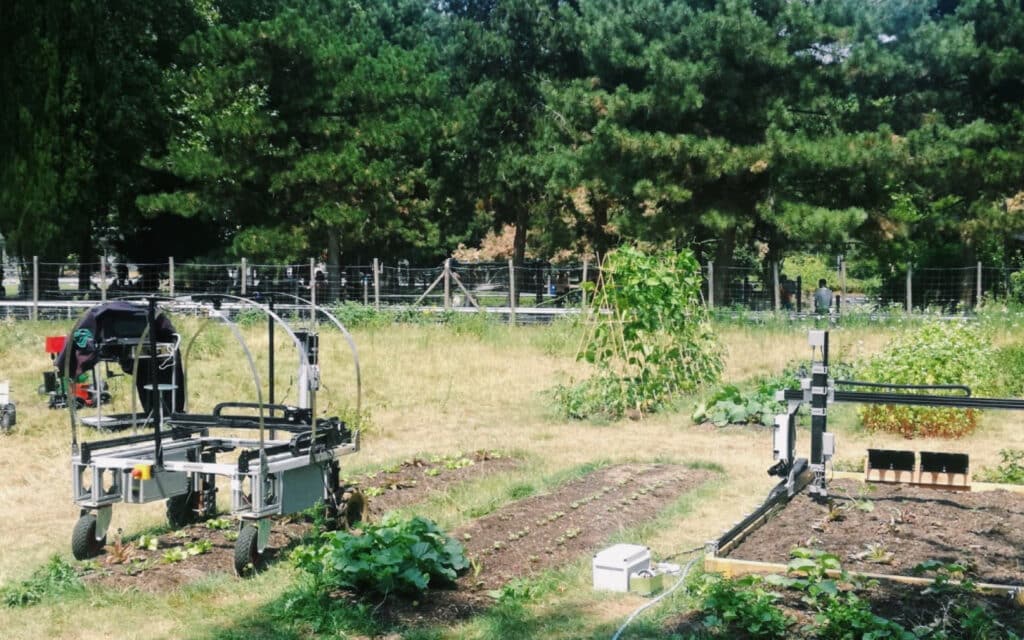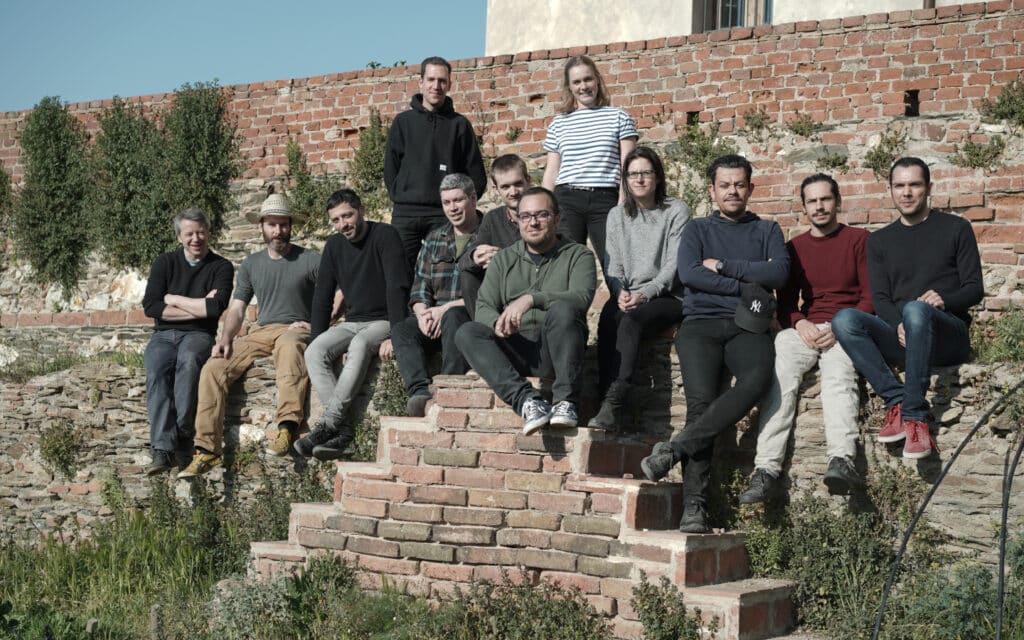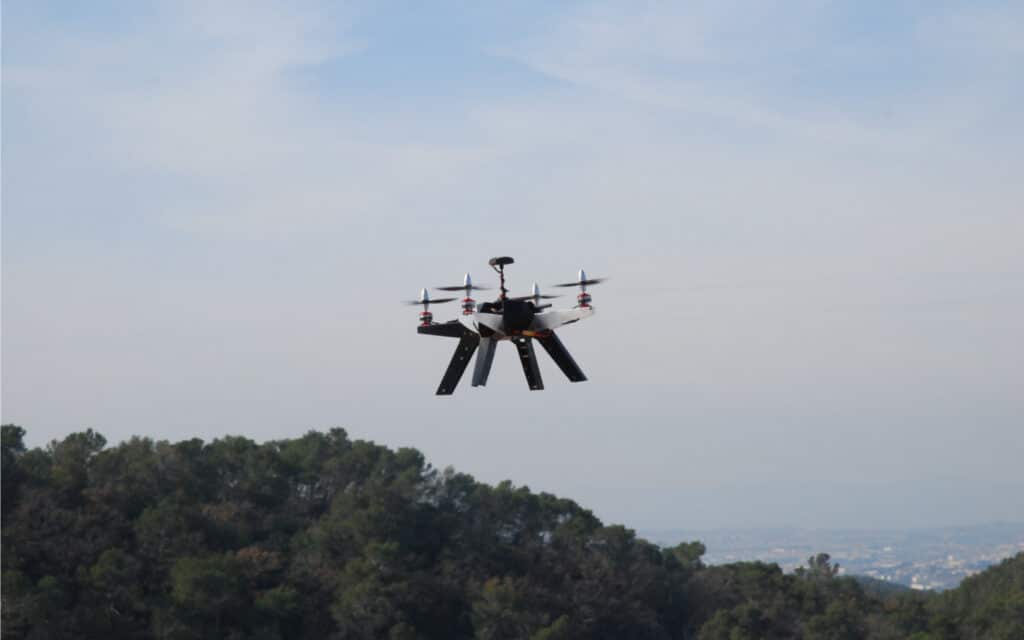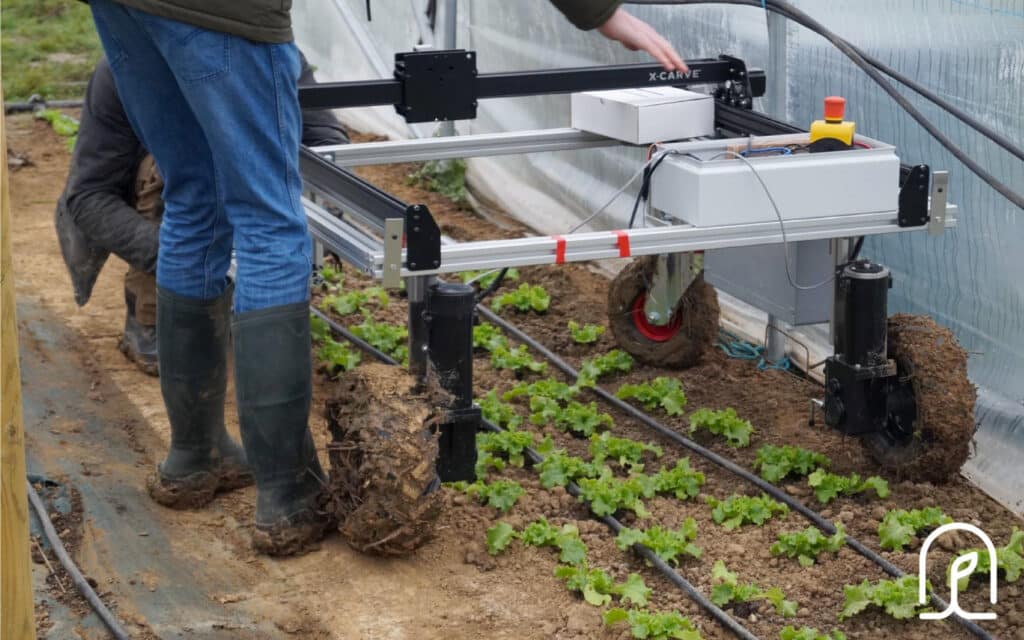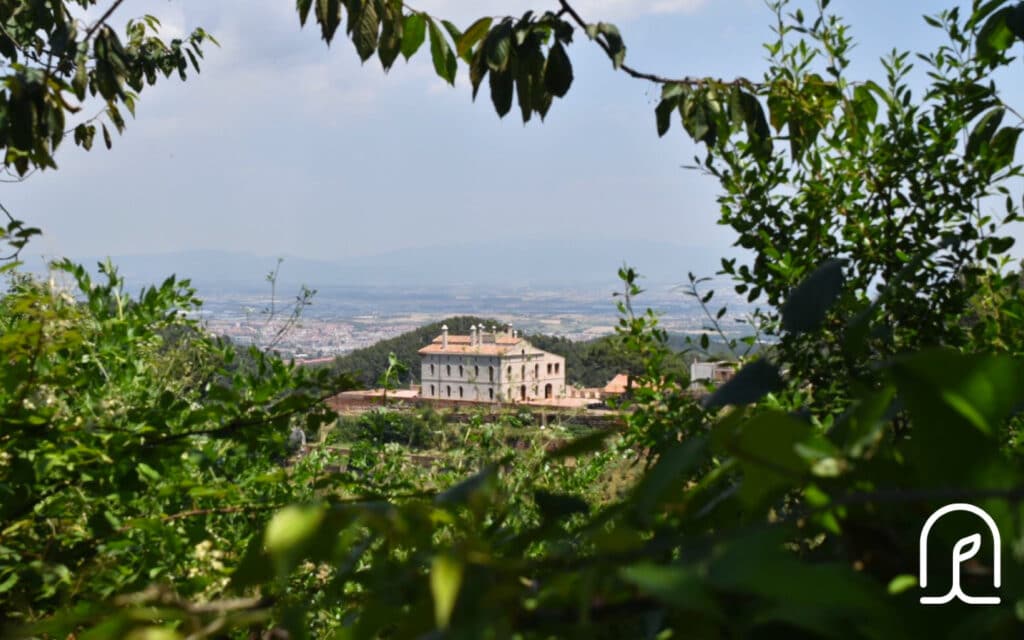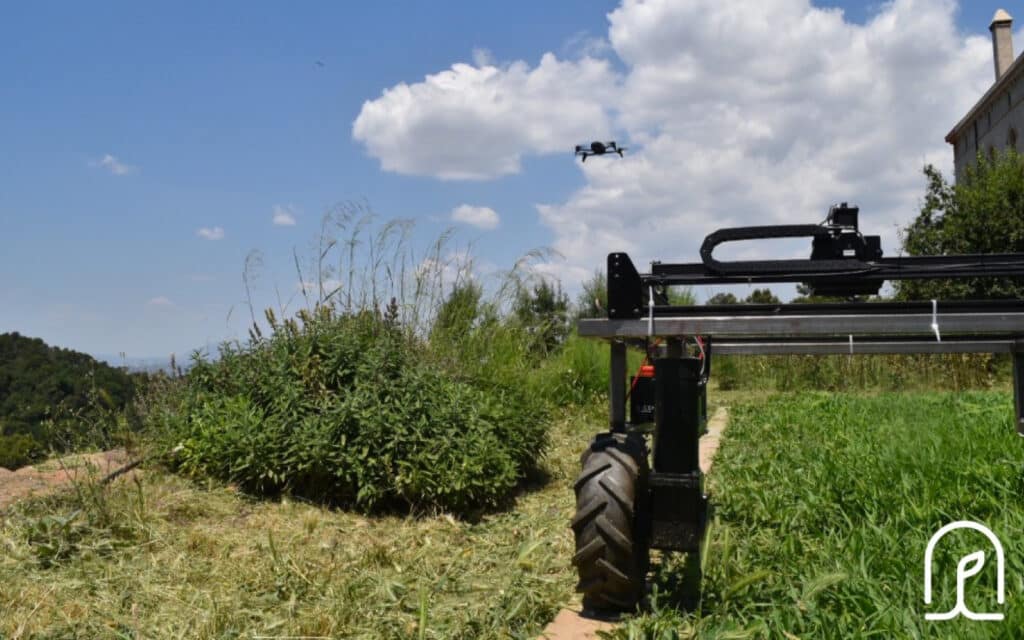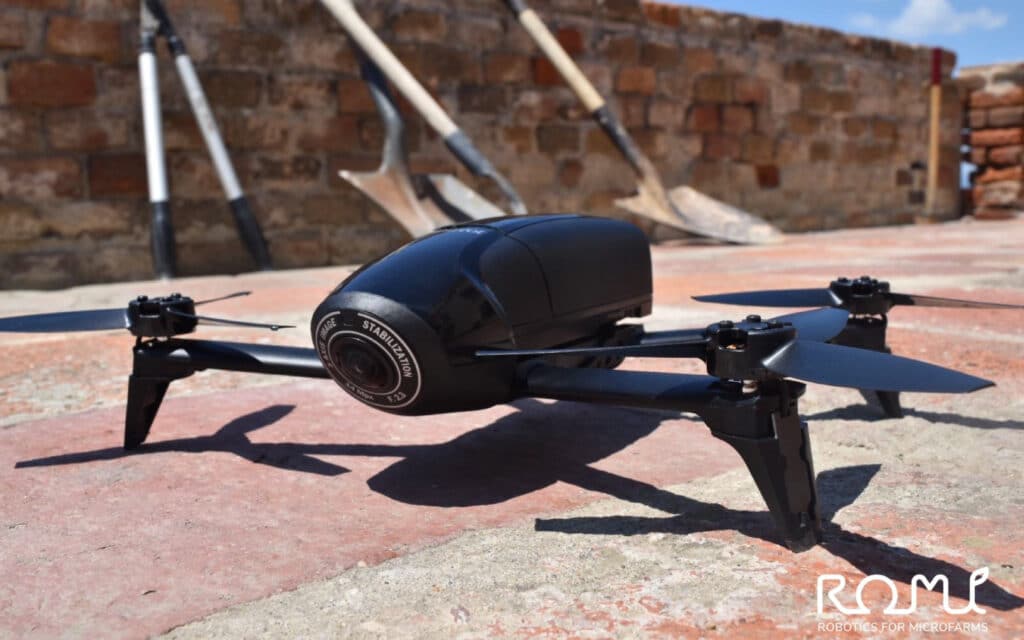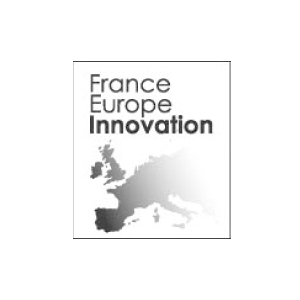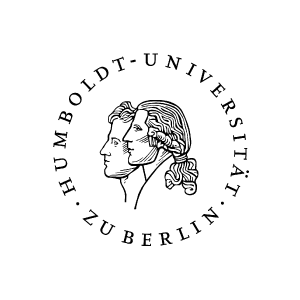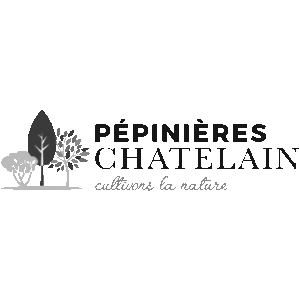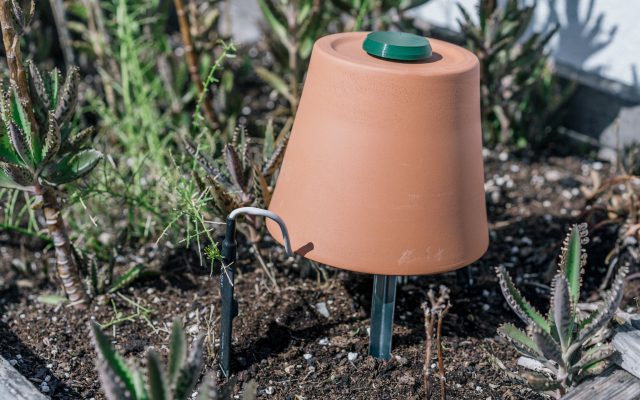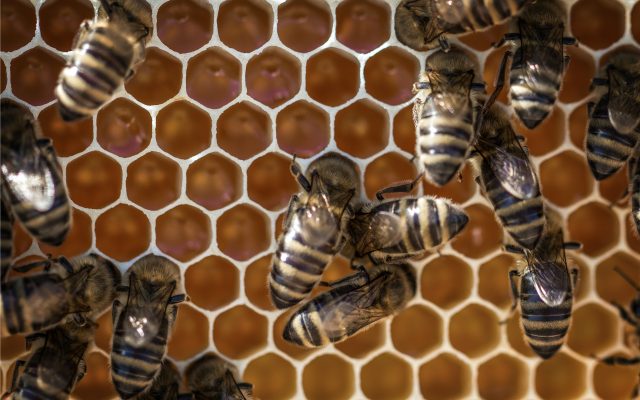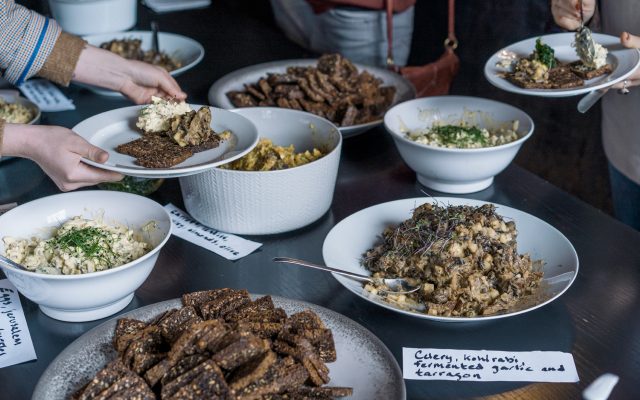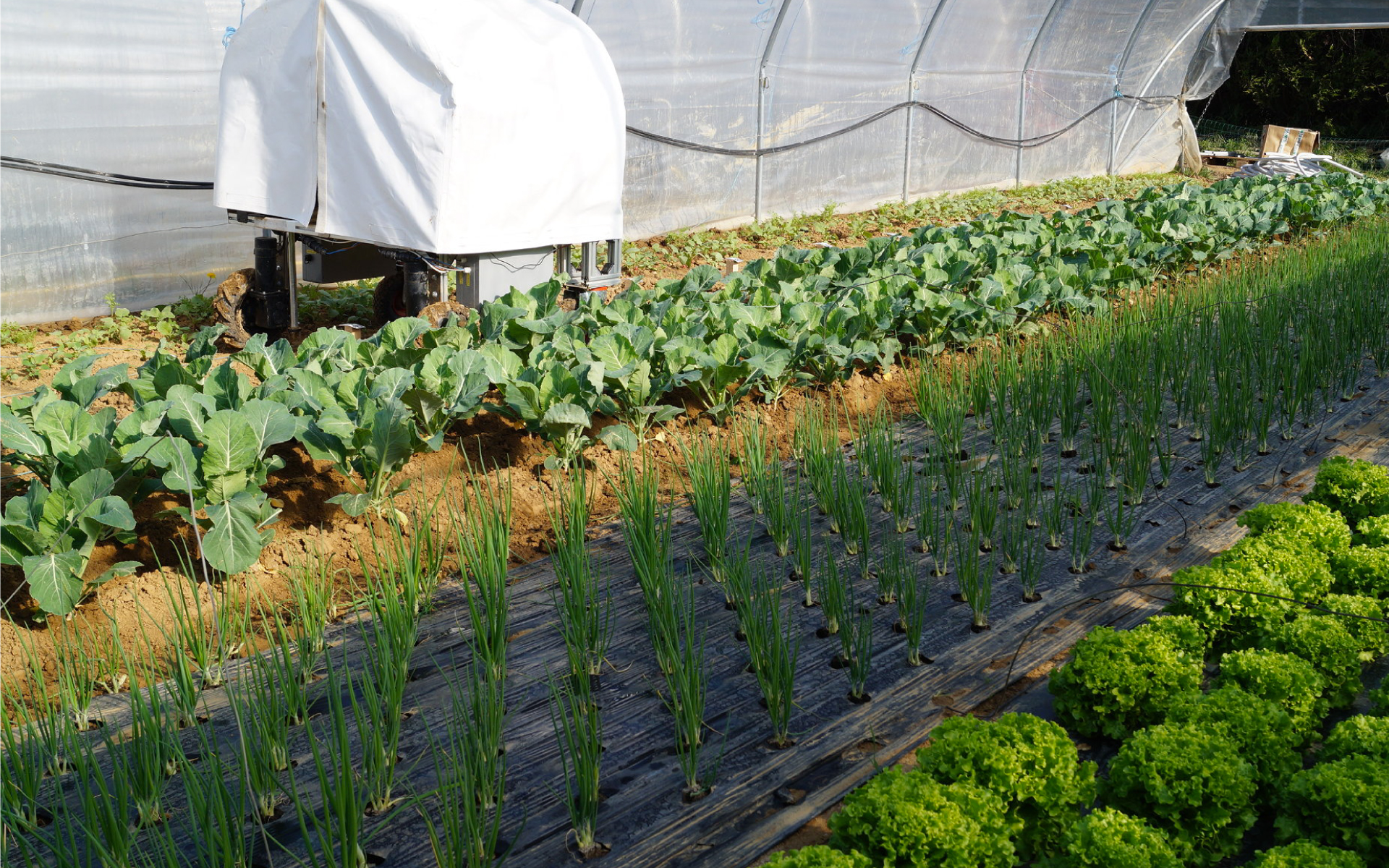
ROMI – Robotics for Microfarms
Promoting sustainable, local and human-scale agriculture through developing open source tools for micro-farms.
The Challenge
To promote sustainable, small-scale agriculture through open source robotics for a secure food system.
Our Solution
Develop timesaving and economic open source robotic tools to support polyculture in peri-urban areas.
Type of Project
Research and Innovation Action for Industrial Leadership in information and communication technologies funded by European Union’s Horizon 2020 programme under Grant Agreement 773875.
Technological Output
A robot for mechanical weeding. An aerial robot for crop monitoring. A 3D scanner for phenotyping in indoor and outdoor environments.
The ROMI project targets micro-farms directly, to generate a greater sustainable impact, scientific research and also promote a transition in terms of livelihood for upcoming farmers who desire to become smallholders. The project takes a stand against predictable environments created by industrial agriculture, something in which has led to a huge decrease in biodiversity, use of artificial fertilisers and pesticides across the planet. The development of a complex computational environment allows a specific study and understanding of the organic, natural environment. Due to the projects open source nature, the ROMI project will create a diverse organisation of farmers, scientists, engineers and industry.
The Project
The ROMI project aims to understand and facilitate the progression of micro-farms through research, events and the development of specialised tools and techniques. ROMI is a four-year project in which open source resources and tools are iterated and released to the public throughout the duration of the research. The Valldaura Labs is one of two key locations for the research, the other being Chatelain Maraîchage, near Paris. A series of open source robotic tools will also be developed and tested at these sites through in-depth field studies with the expertise and guidance of professional farmers.
Our Contribution
Fab Lab Barcelona at IAAC is part of a consortium formed by a team of interdisciplinary experts in computer science (Inria, Sony), robotics and electronics (UBER, Sony), plant modelling and agronomy (CNRS, Inria), as well as micro-farming (Châtelain). Open-source robotic tools can assist farmers in completing physically demanding or tedious tasks and can help with planning complex planting. Fab Lab Barcelona is responsible for the development of three robotic tools: a mechanical weeding robot, an aerial robot for crop monitoring and a 3D scanner for phenotyping in indoor and outdoor environments. The robotic tools will be designed and developed using digital fabrication and will support field studies, phenotyping and data science in the pursuit of novel small-scale agricultural techniques. ROMI’s continuous guiding principle is the pursuit of sustainability and sustainable food systems – something every global inhabitant can relate to.
Who is it for?
Those who have an interest in gardening, micro-farmers, those with a keen interest in robotics for agriculture.
Robotics Specialists
Who wish to use their skills to test, prototype and develop the robotics used in ROMI. To contribute towards the open source iterations of the project and join a digital, online community of farmers.
Farmers
Small-scale farmers who wish to use the newest technologies on their farm or smallholdings.
Other project team members – Starsky Lara, Sergi Baraibar, Martin Guttman, Aurora Serra & Ioannis Vogdanis.
